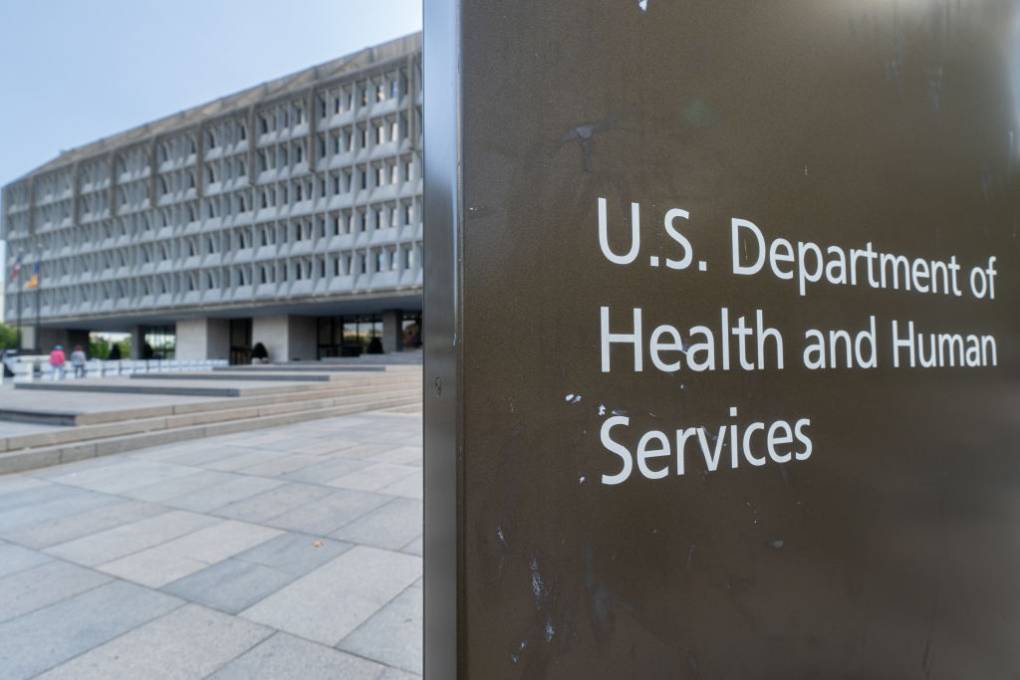“So they need to lay off staff. They need to buy fewer stuff from other places,” he said. “Ultimately speaking, this leads to broader reductions in the economy.”
The cutbacks will also lower the amount of taxes that state and local governments can collect, with state and local tax revenues falling by about $1.4 billion in California alone, Ku added.
“This would be in addition to the budget problems the state is already facing,” he said.
Medicaid provides health insurance to more than 72 million Americans with limited incomes and funds long-term care for some seniors. In California, nearly 15 million people — more than a third of residents — are enrolled in Medi-Cal, the state’s version of the program. About two-thirds of funding for state Medicaid programs is federal.
Meanwhile, nearly 42 million Americans — including more than 5 million in California — are enrolled in SNAP, which offers food benefits to lower-income families and is funded entirely by the federal government.
Taken together, the Republican proposal to cut upward of $880 billion in funding for Medicaid and $230 billion for SNAP over the next 10 years would collectively reduce state GDPs by $113 billion in 2026, resulting in the loss of more than 1 million jobs, Ku estimates.
“I would say the point that we’re trying to make is [Republicans] should be aware that the deep cuts they’re talking about are going to increase unemployment. They’re not going to help strengthen the economy of states,” Ku said. “They’re going to make it harder for states to balance their budgets.”
The U.S. House of Representatives’ current budget resolution offers a blueprint for the so-called reconciliation bill that Republicans hope to pass in the coming months. The legislation would extend the 2017 tax cuts that lawmakers passed during President Donald Trump’s first term, offsetting the cost by slashing funding to safety net programs, which Republicans have long attacked as being rife with fraud and waste.
And while the House resolution doesn’t explicitly call for cutting Medicaid or food assistance, it directs two House committees with jurisdiction over the programs to identify the $1 trillion in cuts, something that would be virtually impossible without slashing Medicaid and SNAP.
“There’s a fairness problem here,” Ku said. “These will be cuts that will harm people, will harm state economies, will increase unemployment.”
KQED’s Lesley McClurg contributed to this story.

